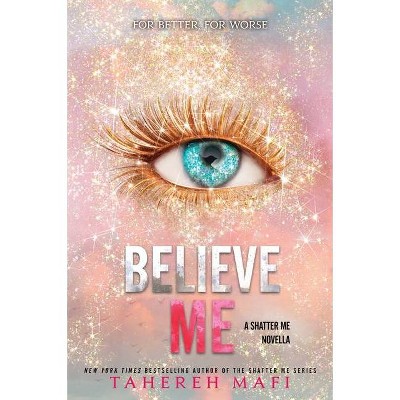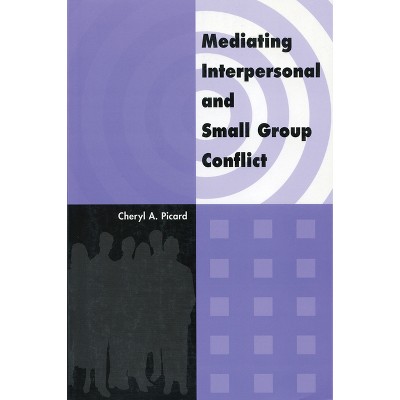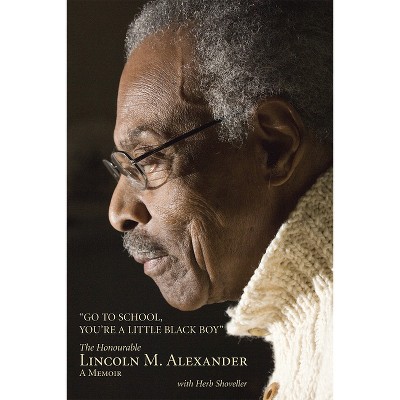Sponsored

What They Said about Luisa - by Erika Rummel (Paperback)
In Stock
Sponsored
About this item
Highlights
- An enchanting tale of the complex and fascinating life of Luisa Abrego of Seville, an emancipated woman who forges a new future for herself in colonial Mexico and gets caught in the Spanish Inquisition.Luisa Abrego, an enslaved woman in Seville, is impregnated by her master, then set free upon his death.
- About the Author: Erika Rummel has taught at Wilfrid Laurier University and the University of Toronto.
- 312 Pages
- Fiction + Literature Genres, Historical
Description
About the Book
"An enchanting telling of the complex life of Luisa, who forges a new life after freedom from slavery in colonial Mexico. Luisa Abrego, a slave in Seville, is set free upon her master's death and marries a white man. After boarding Luisa's illegitimate child with the nuns of St. Clare, the couple sets out for Mexico. There Luisa is accused of bigamy and tried in the court of the Inquisition. This is, however, not Luisa's own story: the narratives here are those of historical figures who encountered her, from nuns to silver miners to Inquisitors. These are European voices, the recorded voices of history, in whose accounts a fractured portrait of a fascinating and complex woman emerges, like glimpses of a figure moving past a mirror. Based on 16th century trial records of the real Luisa, this novel is not just one woman's life in fragments, but a carefully researched imagining, told in vivid, distinct voices, of how the Inquisition affected the Spanish colonies."--Book Synopsis
An enchanting tale of the complex and fascinating life of Luisa Abrego of Seville, an emancipated woman who forges a new future for herself in colonial Mexico and gets caught in the Spanish Inquisition.Luisa Abrego, an enslaved woman in Seville, is impregnated by her master, then set free upon his death. With limited options for her future, Luisa agrees to marry a white man who wants to take her with him to Mexico, even though it means leaving her infant son behind in the care of nuns. The couple set off on a dangerous sea voyage and a perilous trek across unconquered territory, and when the settlers' caravan is attacked by Indigenous warriors, Luisa is forced to kill a man in self-defence. Years later, still wracked with guilt and convinced she must atone for her sin, Luisa confesses to having made a promise of marriage to another man long before, in Spain. By the laws of the church this makes her a bigamist, a criminal who must be tried by the fearsome Inquisition.
Based on sixteenth-century trial records of the real Luisa, this novel is not just one woman's life in fragments but a carefully researched imagining, told in the vivid, distinct voices of the Europeans who came into contact with her.
Review Quotes
What They Said About Luisa is marvellous, full of wisdom, learning and insight.
A deep dive into sixteenth century Spain and Mexico, during the dangerous times of the Spanish Inquisition, superbly crafted by an experienced historical novelist.
What They Said About Luisa is marvellous, full of wisdom, learning and insight.-- "Jonathan Locke Hart, historian, literary scholar, and poet"
A deep dive into sixteenth century Spain and Mexico, during the dangerous times of the Spanish Inquisition, superbly crafted by an experienced historical novelist.-- "Pam Royl, author of The Last Secret"
About the Author
Erika Rummel has taught at Wilfrid Laurier University and the University of Toronto. She has published numerous books on Renaissance history and is the author of nine historical novels. A recipient of the prestigious Getty fellowship and a Lifetime Achievement Award from the Renaissance Society of America, she divides her time between Toronto and Los Angeles.
Shipping details
Return details
Frequently bought together





Trending Literary Fiction












